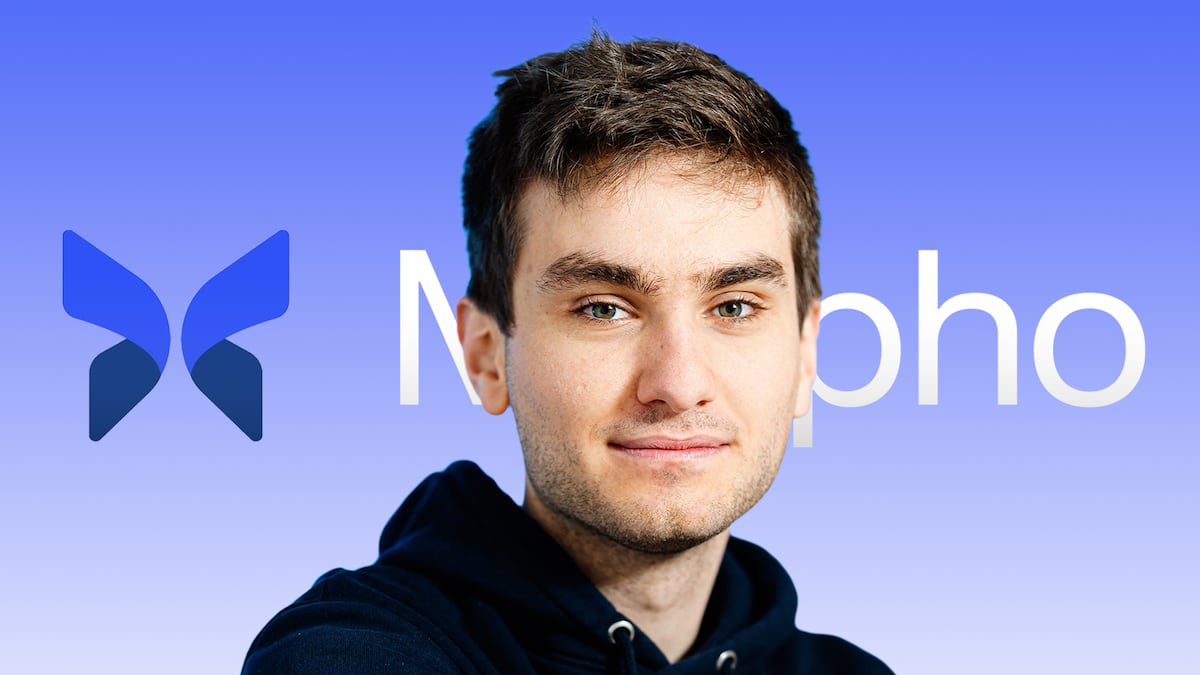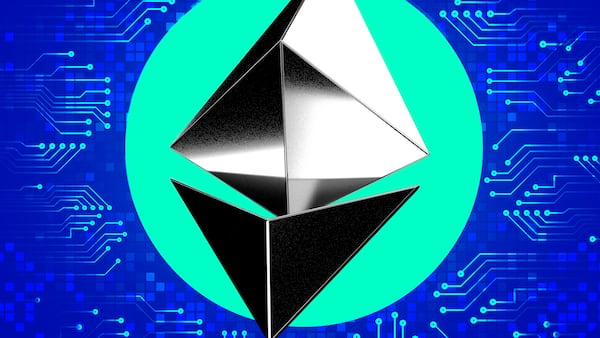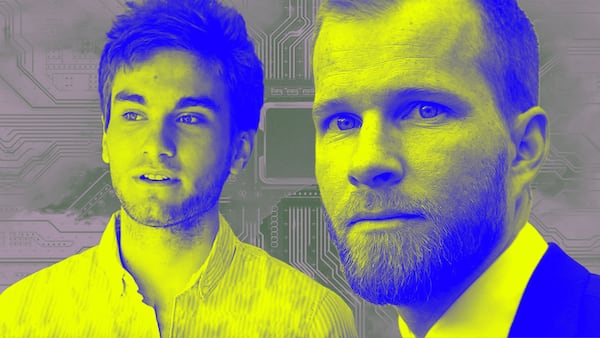- Morpho's nonprofit arm will absorb Morpho Labs SAS.
- The move addresses perceived tension between equity investors and token holders.
- Founder Paul Frambot said Morpho should reinvest revenue, rather than distributing it among tokenholders.
In an unusual move in the world of decentralised finance, crypto lender Morpho said Friday it would merge its nonprofit and for-profit arms.
Morpho Labs SAS, a French, for-profit software development company, will become a wholly-owned subsidiary of the Morpho Association, a French nonprofit, according to founder Paul Frambot.
The move “ensures complete alignment between the network of contributing entities and the Morpho DAO,” Frambot said in a post on X.
Morpho is one of the largest lending-and-borrowing protocols in decentralised finance, with almost $6 billion in user deposits, according to DefiLlama data. It operates on Ethereum and several other blockchains.
In decentralized finance, or DeFi, businesses typically feature a confusing tangle of affiliated entities: a for-profit software development company, a nonprofit, and a “decentralised autonomous organization,” or DAO — a leaderless, blockchain-based cooperative in which membership and voting power is based on token ownership.
While DAOs ostensibly manage the financial software published by the for-profit arm — the “De” in “DeFi” — the business-nonprofit-cooperative model has come under scrutiny, with DAO members often chafing at perceived overreach by their partners.
DAO drama
Last year, members of Uniswap DAO complained after the Uniswap Foundation, a nonprofit funded by the cooperative, unilaterally and indefinitely postponed voting on a proposal to share revenue from the Uniswap exchange with the cooperative’s members. They complained again when the for-profit Uniswap Labs launched a blockchain without consulting the DAO.
That controversy came up during a hearing in the US House of Representatives this week, when Representative Sean Casten, a Democrat from Illinois, questioned Uniswap’s status as a bona fide decentralised organization.
Morpho Labs is a joint-stock company. Folding it into the Morpho Association would “eliminate any perceived conflicts with equity value and ensure that token holders and these contributing entities share the same incentive,” Frambot wrote.
“As a French nonprofit organization, the Association is legally prohibited from having shareholders, distributing profits externally, or being sold. All resources must be directed toward its stated mission.”
All Morpho Labs SAS shares will be transferred to the Association, “permanently eliminating the possibility of distributing any equity value externally,” according to Frambot.
“Similar to Morpho Labs Inc., a Delaware C-Corp and already a wholly owned subsidiary, Morpho Labs SAS will primarily exist for hiring employees.”
Investors and tokenholders
The vast majority of the money Morpho has raised to date has come from private token sales, according to news reports.
In August 2024, Morpho raised $50 million in a private token sale led by Ribbit Capital, according to a report from CoinDesk.
In 2022, it raised $18 million from Andreesen Horowitz, Variant, and a suite of other venture investors via token sale, according to The Block.
A little more than one-quarter of all Morpho tokens have been set aside for “strategic partners,” including investors.
Morpho’s move drew praise on social media.
“Fantastic structure by @MorphoLabs — this is exactly what I wish every crypto project would do,” VanEck Senior Analyst Gabriel Rabello wrote on X.
“Token vs. equity misalignment is one of the most pervasive issues in crypto.”
The Morpho DAO controls a pot of Morpho tokens valued at more than $40 million, according to DefiLlama data.
The DAO has used those tokens to fund Morpho software developers and the Association, among other things. The Association owns Morpho’s intellectual property and is charged with handling any real-world business, such as entering contracts.
The DAO also controls certain features of the Morpho protocol, including a so-called fee switch that would direct protocol revenue to people who hold the Morpho token.
On Friday, Frambot said he would prefer to reinvest revenue into the business.
“Would a high-growth startup distribute revenue to shareholders instead of reinvesting in expansion? The answer is almost universally no,” he wrote.
“It even took many of the largest tech companies, including Meta and Alphabet, 10 to 20 years before they started distributing dividends.”
Aleks Gilbert is DL News’ New York-based DeFi correspondent. You can reach him at aleks@dlnews.com.







